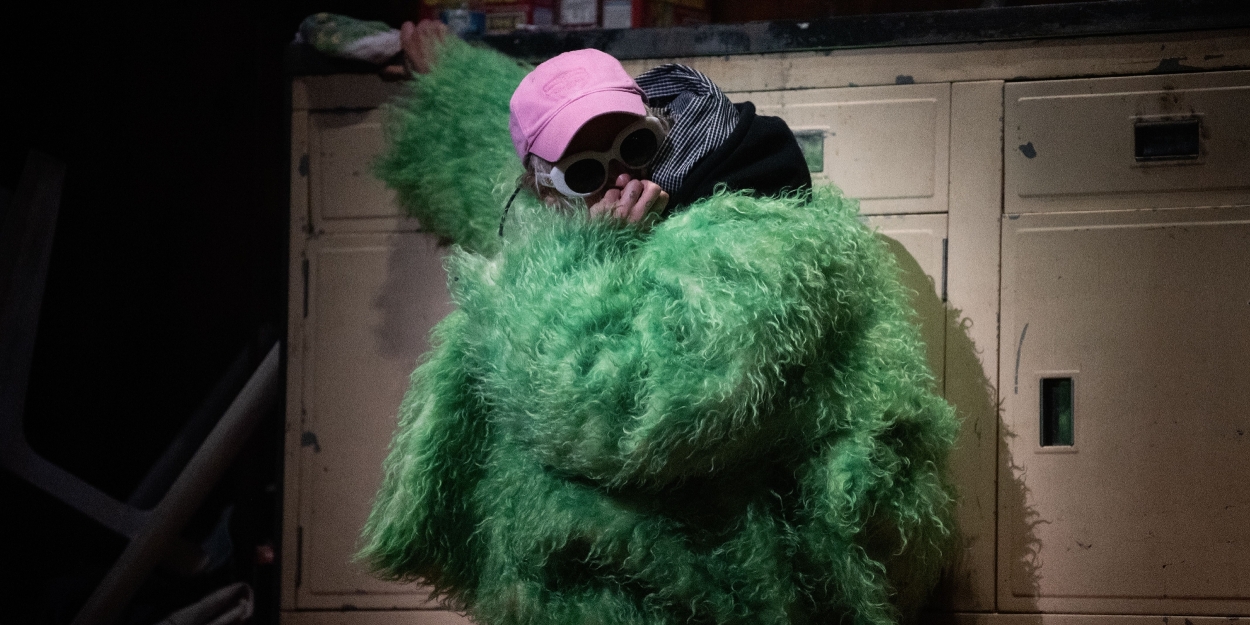Review: LAST DAYS, Royal Opera House
An operatic conversation that spans styles and genres

 The Royal Opera House was probably the last stage Kurt Cobain would have ever set foot on. Yet a new opera inspired by the Nirvana front man makes its premiere at the Lindbury Theatre in a co-commission with Guildhall School of Music and Drama.
The Royal Opera House was probably the last stage Kurt Cobain would have ever set foot on. Yet a new opera inspired by the Nirvana front man makes its premiere at the Lindbury Theatre in a co-commission with Guildhall School of Music and Drama.Based on Gus Van Sant's 2005 film of the same name, Last Days is an elegiac meditation on the final days of Cobain's life after he vanished from a rehab facility before retreating to a log cabin in Seattle where he would take his own life; less a narrative exploration of a depressed artist and more a meditative portrait of a man struggling to balance his sense of self with his celebrity status.
Composer Oliver Leith and Art Director Matt Copson juxtapose images of the man's tormented psychological state and the mythic artist to create a curious tableau, but one that ultimately delivers nothing beyond its imagery.
Leith's score is the dominating force. It is deliberately sharp and angular, lurching and marauding to sculpt solemnly an elegy for Blake, a Kurt Cobain stand in, played by French actress Agathe Rousselle. For the most part the music manifests deftly Blake's mental unrest; tense strings swell and melt to marinate the piece in a searing sense of weeping melancholia.
But Leith's work is highly intelligent and subtly protean, morphing organically to subvert expectations and toy with our understanding of Cobain. One particularly perceptive sequence sees Rouselle strum a rusty guitar jangle, no doubt echoing the gruff gloom of Nirvana's music. Yet the resilient orchestra seem to harmonise alongside it. An unlikely conversation blossoms between earthy grunge menace and heightened operatic grace.
The two factions rarely agree, but that is the point. The ensuing dissonance is balanced gently but confidently by conductor Jack Sheen proliferating a shivering sense of unease. No doubt a difficult task that Sheen must be commended for.
Another powerful moment sees his orchestra wrestle with a slapdash chorus of cloying groupies scrabbling for Blake's attention and approval. Only a piercing string stands above the gallimaufry, a fragment of Blake's doomed hope for inner peace. It is soon swallowed brutally by the noise.
Images from Nirvana are quoted and distorted in the aesthetics as well as the score. Sometimes it is patent; Rousselle stamps about in Cobain's white sunglasses and a stern looking shotgun looms on the wall of Grace Smart's log cabin set. Other images are camouflaged by Balenciaga designed costumes; Rousselle dons an oversized lime green dressing gown, a Gen Z twist on Cobain's iconic cardigan.
As fluid as the interplay between music, imagery, and emotion is, the piece rarely penetrates beyond its visuals. It has striking moments, but those moments lack concrete substance behind the style to let the production find an emotional core. Last Days is fascinating argument between art forms, styles, and genres. But one that ultimately finds no resolution.
Last Days runs at the Linbury Theatre at Royal Opera House until 11 October
Photo Credit: Camilla Greenwell
Reader Reviews
Videos

